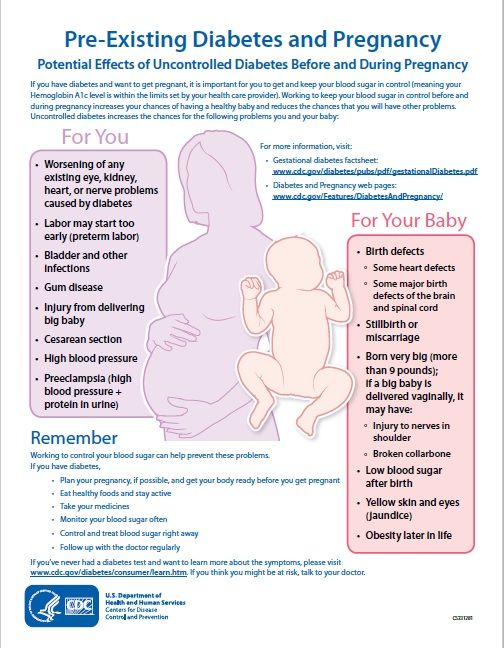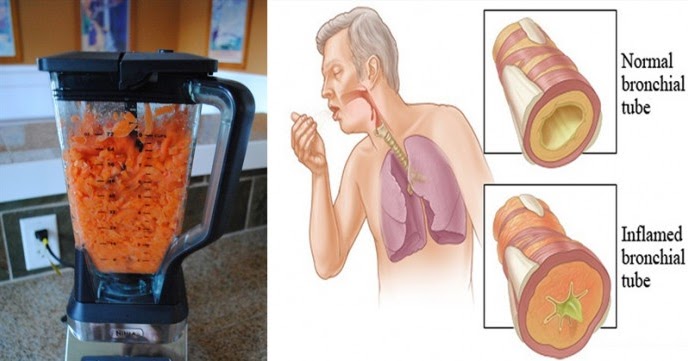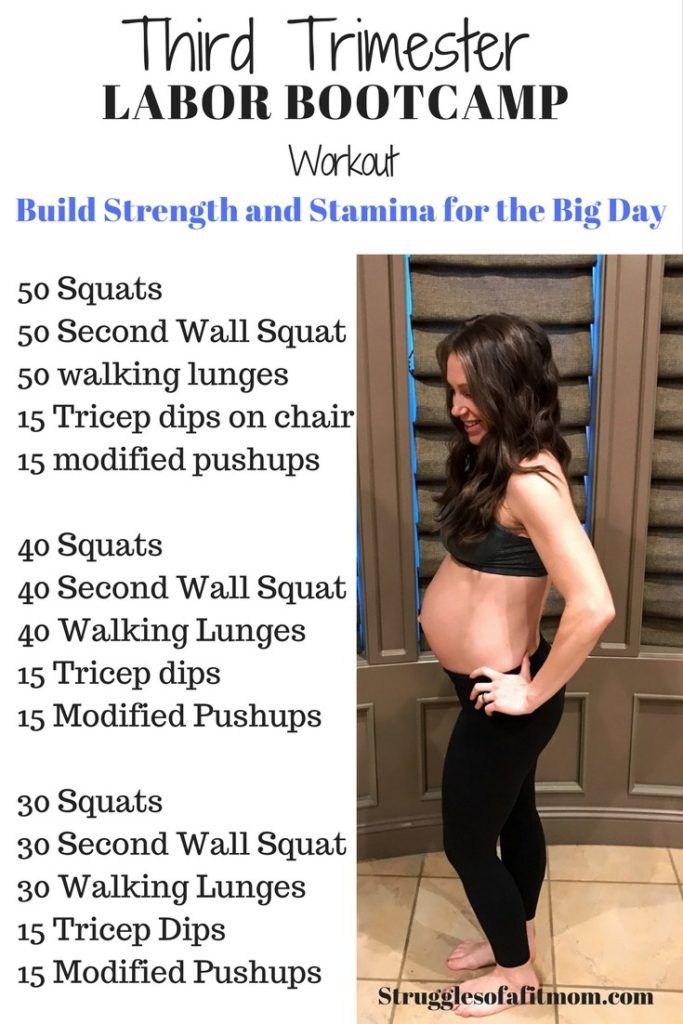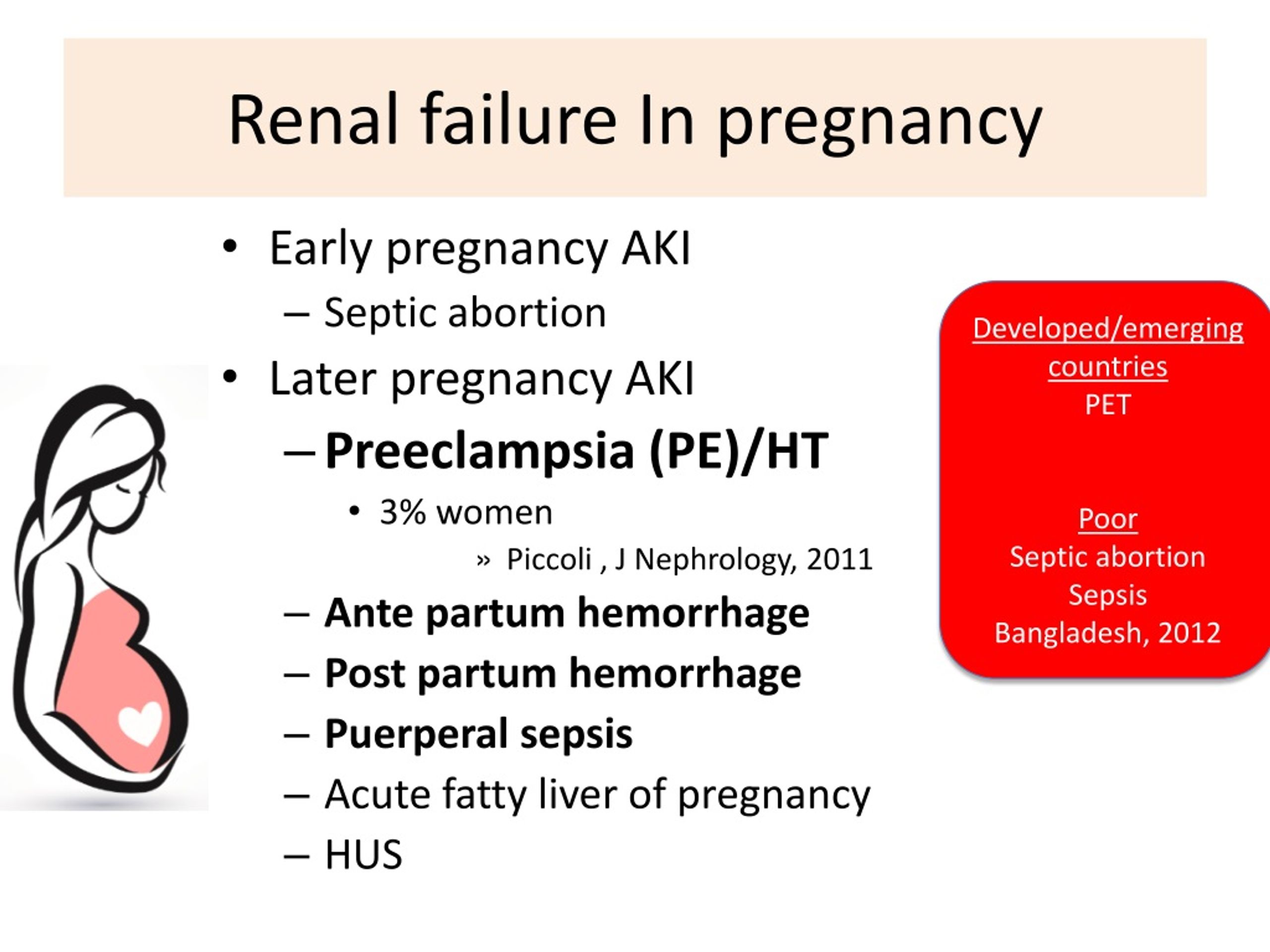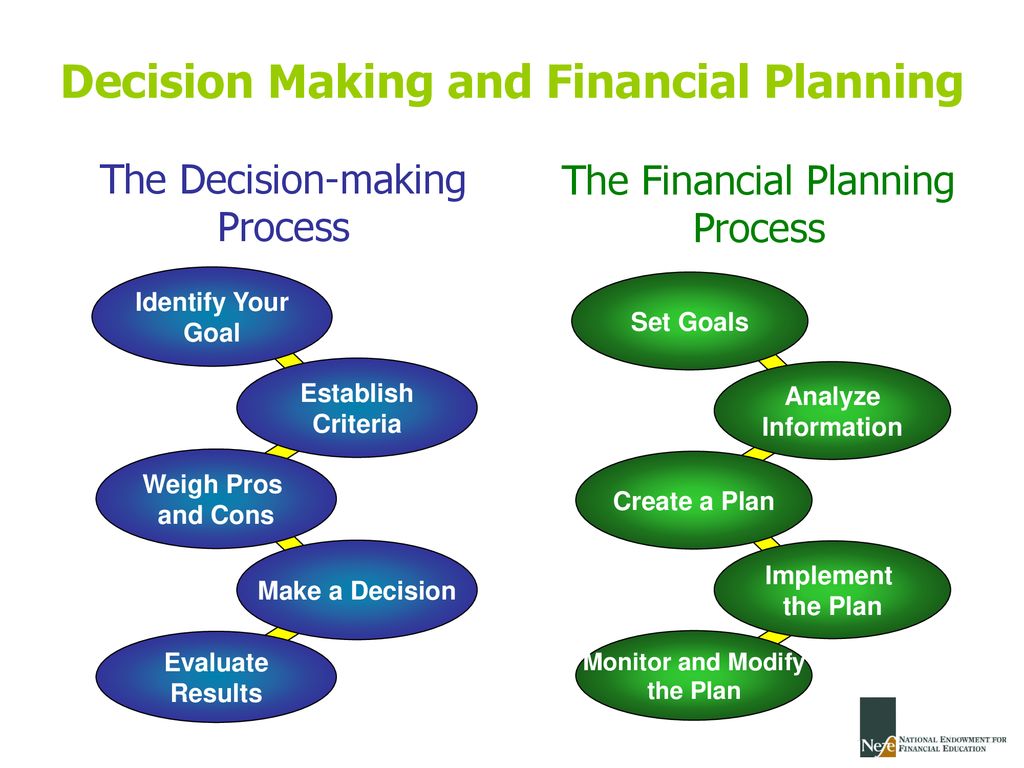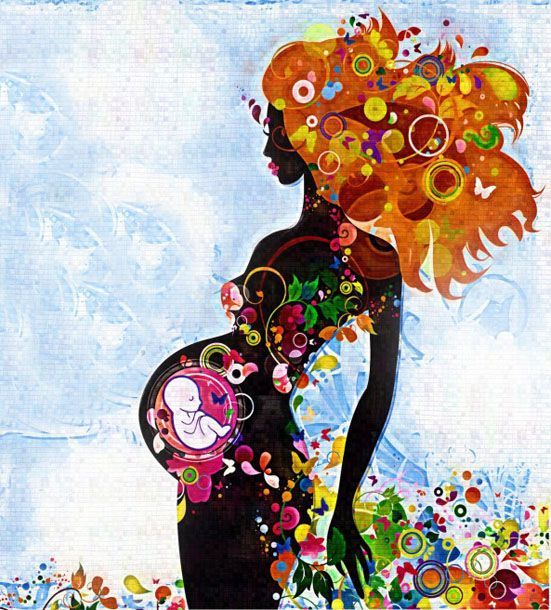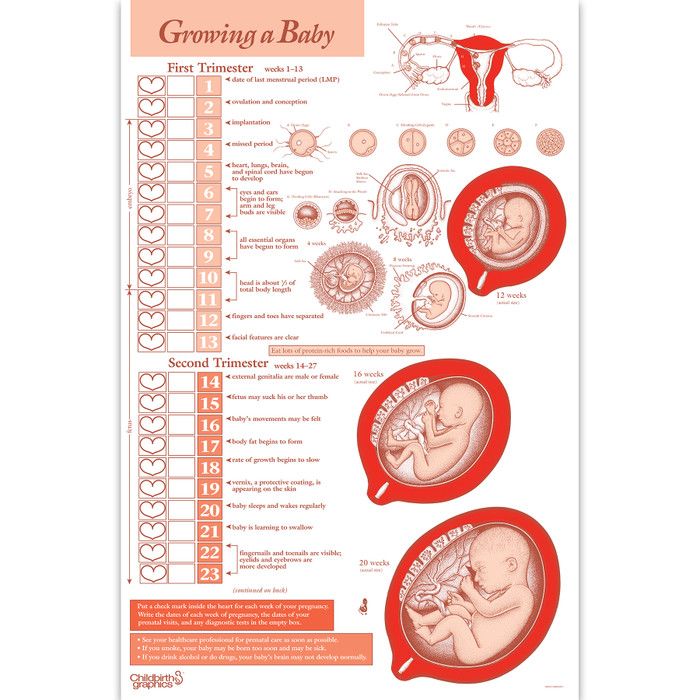Blood pressure in early pregnancy
Elevated blood pressure in first trimester increases risk for blood pressure disorder later in pregnancy
You are here
Home » News & Events » News Releases
News Release
Thursday, June 27, 2019
Elevated blood pressure in the first trimester of pregnancy, or an increase in blood pressure between the first and second trimesters, raises the chances of a high blood pressure disorder of pregnancy, according to a study funded by the Eunice Kennedy Shriver National Institute of Child Health and Human Development (NICHD), part of the National Institutes of Health.
The study was led by Alisse Hauspurg, M.D., of the University of Pittsburgh School of Medicine and appears in the American Journal of Obstetrics and Gynecology.
The researchers sought to determine how revisions in guidelines for blood pressure in non-pregnant adults might apply to pregnant women. The results suggest that blood pressure readings lower than those traditionally used to identify women as having high blood pressure may indicate a higher risk for a hypertensive disorder of pregnancy, such as gestational high blood pressure, which develops after the 20th week of pregnancy, and preeclampsia, or high blood pressure and protein in the urine. Both conditions increase the risk for stroke in the mother and for stillbirth, preterm birth and low birth weight. Preeclampsia also increases the risk for eclampsia—life-threatening seizures for the mother.
The researchers analyzed data from Monitoring Mothers-to-Be (nuMoM2b), a study which sought to identify risks for birth and pregnancy complications in first-time mothers. For roughly 8,900 women, researchers compared blood pressure readings in the first and second trimesters of pregnancy to blood pressure status in the remainder of pregnancy. None of the women had stage 2 high blood pressure (140/90 mmHg or higher) at the time they entered the study.
Of women who had elevated blood pressure in the first trimester (120/80 to 129/80 mmHg), 30.3% developed a hypertensive disorder of pregnancy, a 42% higher risk than for women with normal blood pressure (less than 120/80 mmHg). Of women with stage 1 high blood pressure (130/80 to 130/89 mmHg), 37.8% developed a hypertensive disorder of pregnancy, an 80% greater risk than women with normal blood pressure. Stage 1 high blood pressure was associated with more than 2.5 times the risk for preeclampsia.
Stage 1 high blood pressure was associated with more than 2.5 times the risk for preeclampsia.
An increase in blood pressure between the first and second trimester also increased the risk of a hypertensive disorder of pregnancy. For example, even among women with normal blood pressure in the first trimester, an increase in systolic pressure (the top number) was associated with a 41% higher risk of any hypertensive disorder of pregnancy, compared to women with a decrease in systolic pressure between the first and second trimester. An increase in diastolic pressure (the bottom number) was associated with a 23% higher risk of a hypertensive disorder, compared to women who had a decrease in diastolic pressure during this time.
About the Eunice Kennedy Shriver National Institute of Child Health and Human Development (NICHD): NICHD conducts and supports research in the United States and throughout the world on fetal, infant and child development; maternal, child and family health; reproductive biology and population issues; and medical rehabilitation.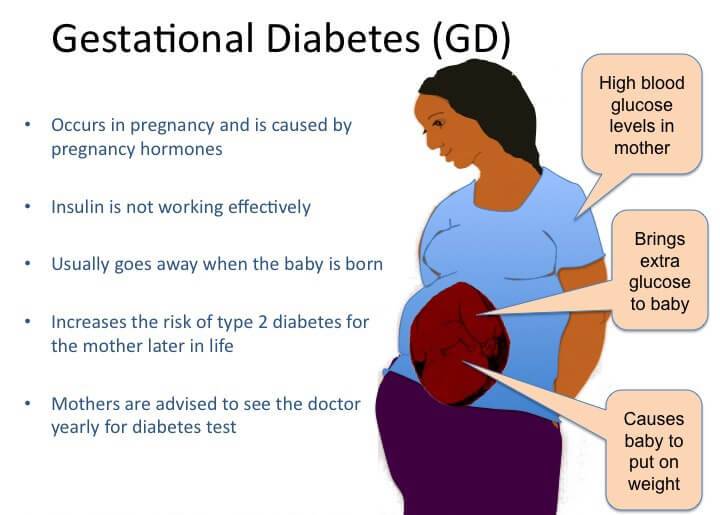 For more information, visit http://www.nichd.nih.gov.
For more information, visit http://www.nichd.nih.gov.
About the National Institutes of Health (NIH): NIH, the nation's medical research agency, includes 27 Institutes and Centers and is a component of the U.S. Department of Health and Human Services. NIH is the primary federal agency conducting and supporting basic, clinical, and translational medical research, and is investigating the causes, treatments, and cures for both common and rare diseases. For more information about NIH and its programs, visit www.nih.gov.
NIH…Turning Discovery Into Health®
Reference
Hauspurg A, et al. Early pregnancy blood pressure category and trajectory and risk of hypertensive disorders of pregnancy. American Journal of Obstetrics and Gynecology. 2019
###
Connect with Us
- Contact Us
- YouTube
- Flickr
High blood pressure during pregnancy
High blood pressure can cause problems for you and your baby during pregnancy, including preeclampsia and premature birth.
High blood pressure usually doesn’t cause signs or symptoms. Go to all of your prenatal care visits so your provider can check your blood pressure.
If you need medicine to keep your blood pressure under control, take it every day.
If you’re at high risk for preeclampsia, your provider may want you to take low-dose aspirin to help prevent it.
What is high blood pressure?
Blood pressure is the force of blood that pushes against the walls of your arteries. Arteries are blood vessels that carry blood away from your heart to other parts of the body. Each time your heart beats, it pumps blood to the arteries. If the pressure in your arteries becomes too high, you have high blood pressure (also called hypertension). High blood pressure can put extra stress on your organs. This can lead to heart attack, heart failure, stroke and kidney failure.
Some women have high blood pressure before they get pregnant. Others have high blood pressure for the first time during pregnancy. About 8 in 100 women (8 percent) have some kind of high blood pressure during pregnancy. If you have high blood pressure, talk to your health care provider. Managing your blood pressure can help you have a healthy pregnancy and a healthy baby.
About 8 in 100 women (8 percent) have some kind of high blood pressure during pregnancy. If you have high blood pressure, talk to your health care provider. Managing your blood pressure can help you have a healthy pregnancy and a healthy baby.
How do you know if you have high blood pressure?
Your blood pressure reading is given as two numbers:
- Systolic blood pressure. This is the upper (first) number in your reading. It’s the pressure when you heart contracts (gets tight). Your blood pressure is highest when your heart beats and pumps blood.
- Diastolic blood pressure. This is the lower (second) number in your reading. It’s the pressure when your heart relaxes. Your blood pressure falls because your heart is at rest between beats.
Your blood pressure reading fits into one of five categories:
- Normal. Your blood pressure is less than 120/80.
- Elevated.
 This is when your systolic blood pressure is between 120-129 and your diastolic pressure is less than 80.
This is when your systolic blood pressure is between 120-129 and your diastolic pressure is less than 80. - Stage 1 high blood pressure. This is when your systolic pressure is between 130-139 or your diastolic pressure is between 80-89.
- Stage 2 high blood pressure. This is when your systolic pressure is at least 140 or your diastolic is at least 90.
- Hypertensive crisis. This is when your systolic pressure is higher than 180 and/or your diastolic pressure is higher than 120. Call your health care provider right away if your blood pressure is this high.
At each prenatal care checkup, your provider checks your blood pressure. To do this, she wraps a cuff (band) around your upper arm. She pumps air into the cuff to measure the pressure in your arteries when the heart contracts and then relaxes. If you have a high reading, your provider can recheck it to find out for sure if you have high blood pressure. Your blood pressure can go up or down during the day.
Your blood pressure can go up or down during the day.
What pregnancy complications can high blood pressure cause?
High blood pressure can cause problems for you and your baby during pregnancy, including:
Problems for moms include:
- Preeclampsia. This is when a pregnant woman has high blood pressure and signs that some of her organs, like her kidneys and liver, may not be working properly. Signs and symptoms of preeclampsia include having protein in the urine, changes in vision and severe headaches. Preeclampsia can be a serious medical condition. Even if you have mild preeclampsia, you need treatment to make sure it doesn’t get worse. Without treatment, preeclampsia can cause serious health problems, including kidney, liver and brain damage. In rare cases, it can lead to life-threatening conditions called eclampsia and HELLP syndrome. Eclampsia causes seizures and can lead to coma. HELLP syndrome is when you have serious blood and liver problems.
 HELLP stands for hemolysis (H), elevated liver enzymes (EL), low platelet count (LP).
HELLP stands for hemolysis (H), elevated liver enzymes (EL), low platelet count (LP). - Gestational diabetes. This is a kind of diabetes that only pregnant women get. It’s a condition in which your body has too much sugar (also called glucose). Most women get a test for gestational diabetes at 24 to 28 weeks of pregnancy.
- Heart attack (also called myocardial infarction).
- Kidney failure. This is a serious condition that happens when the kidneys don’t work well and allow waste to build up in the body.
- Placental abruption. This is a serious condition in which the placenta separates from the wall of the uterus before birth. If this happens, your baby may not get enough oxygen and nutrients in the womb. You also may have serious bleeding from the vagina. The placenta grows in the uterus and supplies the baby with food and oxygen through the umbilical cord.
- Postpartum hemorrhage (also called PPH).
 This is when a woman has heavy bleeding after giving birth. It’s a serious but rare condition. It usually happens 1 day after giving birth, but it can happen up to 12 weeks after having a baby.
This is when a woman has heavy bleeding after giving birth. It’s a serious but rare condition. It usually happens 1 day after giving birth, but it can happen up to 12 weeks after having a baby. - Pulmonary edema. This is when fluid fills the lungs and leads to shortness of breath.
- Stroke. This is when blood flow to your brain stops. Stroke can happen if a blood clot blocks a vessel that brings blood to the brain or when a blood vessel in the brain bursts open.
- Pregnancy related death. This is when a woman dies during pregnancy or within 1 year after the end of her pregnancy from health problems related to pregnancy.
If you have high blood pressure during pregnancy, you’re also more likely have a cesarean birth (also called c-section). This is surgery in which your baby is born through a cut that your doctor makes in your belly and uterus.
Problems for babies include:
- Premature birth.
 This is birth that happens too early, before 37 weeks of pregnancy. Even with treatment, a pregnant woman with severe high blood pressure or preeclampsia may need to give birth early to avoid serious health problems for her and her baby.
This is birth that happens too early, before 37 weeks of pregnancy. Even with treatment, a pregnant woman with severe high blood pressure or preeclampsia may need to give birth early to avoid serious health problems for her and her baby. - Fetal growth restriction. High blood pressure can narrow blood vessels in the umbilical cord. This is the cord that connects the baby to the placenta. It carries food and oxygen from the placenta to the baby. If you have high blood pressure, your baby may not get enough oxygen and nutrients, causing him to grow slowly.
- Low birthweight. This is when a baby is born weighing less than 5 pounds, 8 ounces.
- Fetal death. When a baby dies spontaneously in the womb at any time during pregnancy.
- Neonatal death. This is when a baby dies in the first 28 days of life.
What kinds of high blood pressure can affect pregnancy?
Two kinds of high blood pressure that can happen during pregnancy:
- Chronic hypertension.
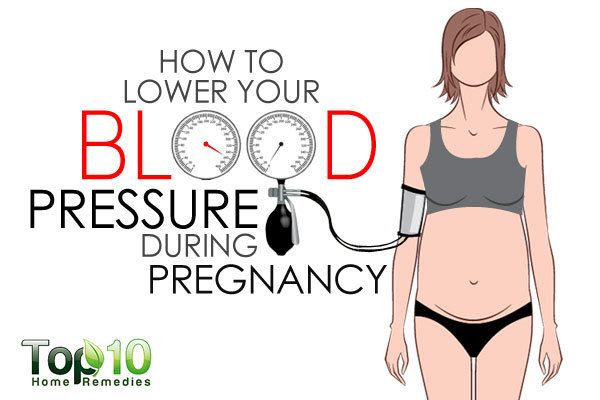 This is high blood pressure that you have before you get pregnant or that develops before 20 weeks of pregnancy. It doesn’t go away once you give birth. About 1 in 4 women with chronic hypertension (25 percent) has preeclampsia during pregnancy. If you’re at high risk for preeclampsia, your provider may treat you with low-dose aspirin to prevent it.
This is high blood pressure that you have before you get pregnant or that develops before 20 weeks of pregnancy. It doesn’t go away once you give birth. About 1 in 4 women with chronic hypertension (25 percent) has preeclampsia during pregnancy. If you’re at high risk for preeclampsia, your provider may treat you with low-dose aspirin to prevent it.If you have chronic hypertension, your provider checks your blood pressure and urine at each prenatal care visit. You may need to check your blood pressure at home, too. Your provider may use ultrasound and fetal heart rate testing to check your baby’s growth and health. Your provider also checks for signs of preeclampsia.
If you were taking medicine for chronic hypertension before pregnancy, your provider makes sure it’s safe to take during pregnancy. If it’s not, he switches you to a safer medicine. Some blood pressure medicines, called ACE inhibitors and angiotensin receptor blockers, can harm your baby during pregnancy.

During the first half of pregnancy, blood pressure often falls. If you have mild hypertension and took medicine for it before pregnancy, your provider may lower the dose of medicine you take. Or you may be able to stop taking medicine during pregnancy. Don’t stop taking any medicine before you talk to your health care provider. Even if you didn’t take blood pressure medicine in the past, you may need to start taking it during pregnancy.
- Gestational hypertension. This is high blood pressure that only pregnant women can get. It starts after 20 weeks of pregnancy and usually goes away after you give birth. It usually causes a small rise in blood pressure, but some women develop severe hypertension and may be at risk for more serious complications later in pregnancy, like preeclampsia.
During pregnancy, your provider checks your blood pressure and urine at every prenatal care checkup. She may use ultrasound and fetal heart rate testing to check your baby’s growth and health.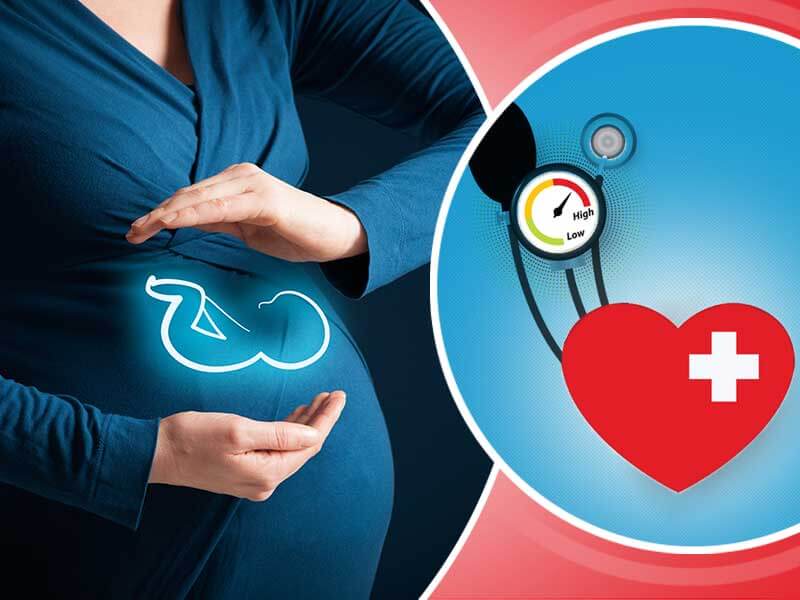 Your provider may ask you to check your blood pressure at home and do kick counts to see when and how often your baby moves. Here are two ways to do kick counts:
Your provider may ask you to check your blood pressure at home and do kick counts to see when and how often your baby moves. Here are two ways to do kick counts:
- Every day, time how long it takes for your baby to move ten times. If it takes longer than 2 hours, tell your provider.
- See how many movements you feel in 1 hour. Do this three times each week. If the number changes, tell your provider.
We don’t know how to prevent gestational hypertension. But if you’re overweight or obese, getting to a healthy weight before pregnancy may lower your chances of having this condition. And even though gestational hypertension usually goes away after birth, you may be more likely to develop hypertension later in life. Healthy eating, staying active and getting to a healthy weight after pregnancy can help prevent high blood pressure in the future.
How can you manage high blood during pregnancy?
Here’s what you can do:
- Go to all your prenatal care checkups, even if you’re feeling fine.

- If you need medicine to control your blood pressure, take it every day. Your provider can help you choose one that’s safe for you and your baby.
- Check your blood pressure at home. Ask your provider what to do if your blood pressure is high.
- Eat healthy foods. Don’t eat foods that are high in salt, like soup and canned foods. They can raise your blood pressure.
- Stay active. Being active for 30 minutes each day can help you manage your weight, reduce stress and prevent problems like preeclampsia.
- Don’t smoke, drink alcohol or use street drugs or abuse prescription drugs.
What can you do about high blood pressure before pregnancy?
Here’s what you can do:
- Get a preconception checkup. This is a medical checkup you get before pregnancy to take care of health conditions that may affect your pregnancy.
- Use birth control until your blood pressure is under control. Birth control is methods you can use to keep from getting pregnant.
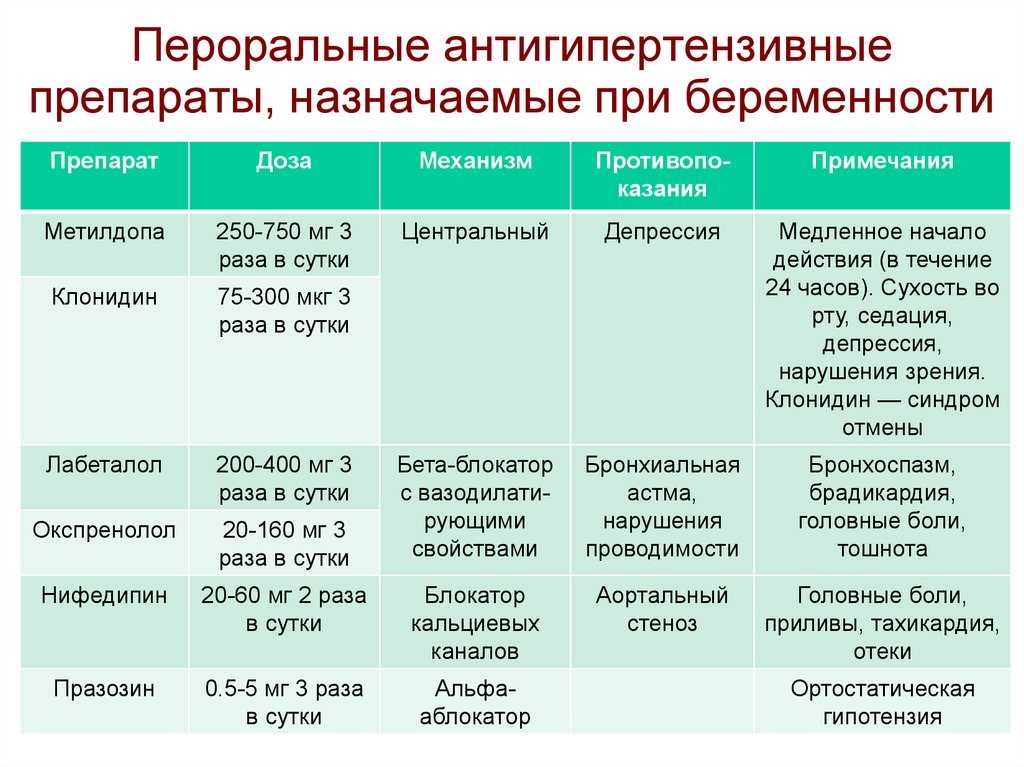 Condoms and birth control pills are examples of birth control.
Condoms and birth control pills are examples of birth control. - Get to a healthy weight. Talk to your provider about the weight that’s right for you.
- Eat healthy foods.
- Do something active every day.
- Don’t smoke. Smoking is dangerous for people with high blood pressure because it damages blood vessel walls.
Last reviewed: February, 2019
See also: Preeclampsia, HELLP syndrome
Pregnancy and blood pressure
Pressure and pregnancy
Pregnancy is a period when a woman's body uses all its potential, all its reserves to provide everything necessary for the full bearing of a child.
Blood pressure is one of the main parameters of blood flow intensity in the body. During the period of bearing a baby, a woman’s body is faced with the need to provide oxygen and nutrition not only for herself, but also for her unborn child. A change in the level of pressure during pregnancy becomes an indicator of disturbances in the functioning of the body that threaten the health of a woman and a child, and can also complicate the course of childbirth. nine0005
nine0005
When blood pressure is measured
Blood pressure must be measured at every appointment with an obstetrician-gynecologist or therapist in the antenatal clinic of the expectant mother. But visits to the doctor's office should not be limited. It is necessary to independently measure this indicator in the morning and in the evening, so that the results can be compared, they must be recorded daily in a special notebook. Particular attention to their pressure should be shown by those women who previously had toxicosis of pregnancy, miscarriages, miscarriages. Women with hypertension, overweight, neurocircular and vegetovascular dystonia, diseases of the kidneys, heart, blood vessels should be on a special account, and measure pressure as often as recommended by the doctor.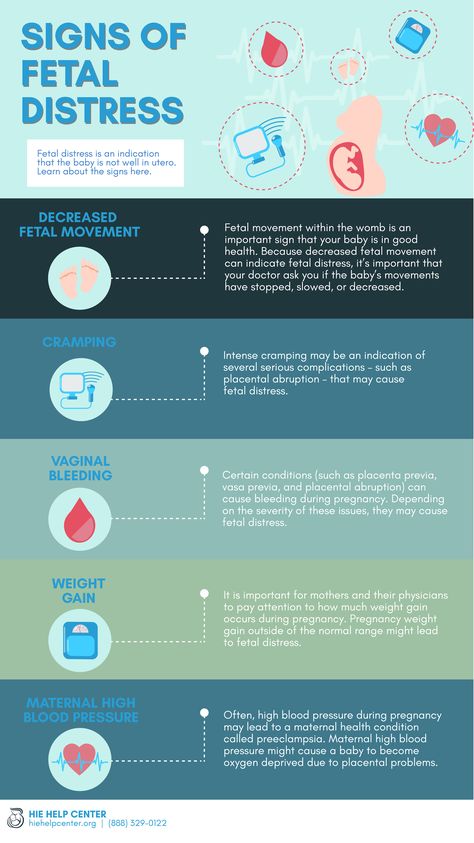 nine0005
nine0005
Hourly measurement of blood pressure in pregnant women at risk is called daily monitoring. It is done three times during the entire period of pregnancy. The first time - at the very beginning of pregnancy, to identify a woman's tendency to hypertension, the second time - at 24-28 weeks of pregnancy, to identify a predisposition to preeclampsia or late toxicosis of pregnant women, the third time - before childbirth, to determine the degree of risk to the woman and the fetus , as well as to resolve the issue of the method of obstetrics. nine0005
If there are problems with pressure in a pregnant woman, then it is necessary to visit a cardiologist and a general practitioner who can advise what needs to be done to solve the problem of pressure during pregnancy.
Types of blood pressure monitors
There are two types of blood pressure monitors (blood pressure monitor) - mechanical and electronic.
- Mechanical blood pressure monitor used by physicians.
 It gives the most accurate results. You can learn how to use a mechanical tonometer at home. However, taking blood pressure on your own is very difficult, so if you want to use this type of blood pressure monitor, you will need an assistant. nine0024
It gives the most accurate results. You can learn how to use a mechanical tonometer at home. However, taking blood pressure on your own is very difficult, so if you want to use this type of blood pressure monitor, you will need an assistant. nine0024 - Electronic blood pressure monitor is easier to use. It is enough to put the cuff on your arm and press the button. The device itself will do the rest, and you will only have to read the results on the electronic scoreboard. An electronic tonometer shows the value of blood pressure and pulse, memorizing the indicators. There are blood pressure monitors, the cuff of which can be worn on the shoulder, on the wrist and even on the finger. For the home, the most suitable device is the cuff of which is worn on the shoulder. Wrist or finger gauges can be used to measure blood pressure at work or while traveling. nine0024
Correct measurement of blood pressure
Do not immediately panic because of high or low blood pressure during pregnancy, you need to make sure that the measurement is correct.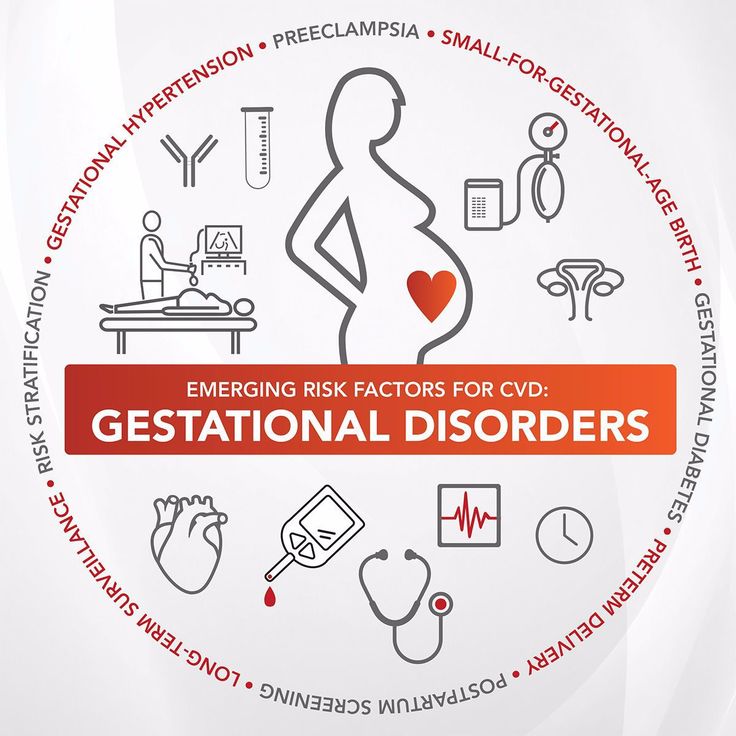
There are several important rules for the correct determination of blood pressure:
- Before measuring, sit down and rest for a couple of minutes, think about something pleasant. Stress is one of the factors in the short-term increase in pressure.
- Place the cuff on your bare arm or thin fabric. It must be sized. nine0024
- Measure blood pressure on both arms.
- Never round the received numbers and write them down.
- It is not recommended to determine the level of blood pressure after a meal or after exercise.
Blood pressure during pregnancy: norm and deviations
Blood pressure is the pressure force of blood flow on the wall of blood vessels. It is measured in millimeters of mercury (mm Hg) and is written in two numbers separated by a slash. nine0005
The first digit shows the pressure at the moment of maximum contraction of the heart (systolic blood pressure), and the second - at the time of its complete relaxation (diastolic blood pressure). If blood pressure is normal, we can safely say that the mother’s cardiovascular system is doing its job, which means that all organs receive a sufficient amount of oxygen and nutrients brought with the bloodstream.
If blood pressure is normal, we can safely say that the mother’s cardiovascular system is doing its job, which means that all organs receive a sufficient amount of oxygen and nutrients brought with the bloodstream.
Outside of pregnancy, normal blood pressure ranges from 100/60 to 130/80 mmHg. Art. During pregnancy, the pressure may differ slightly from the original: if it is 10% lower or higher than usual, then such changes are still within the normal range. If the pressure is lower or higher than usual by 15–20% or more, then we are dealing with arterial hypotension (low blood pressure) or arterial hypertension (high blood pressure). It is desirable for a woman to know her usual level of pressure, which was before pregnancy, so that the doctor can draw the right conclusions. nine0005
1.1 What is the danger of changes in blood pressure
During pregnancy, through the vasculature of the placenta, nutrients and oxygen constantly flow to the fetus, and back to the mother - the products of its vital activity.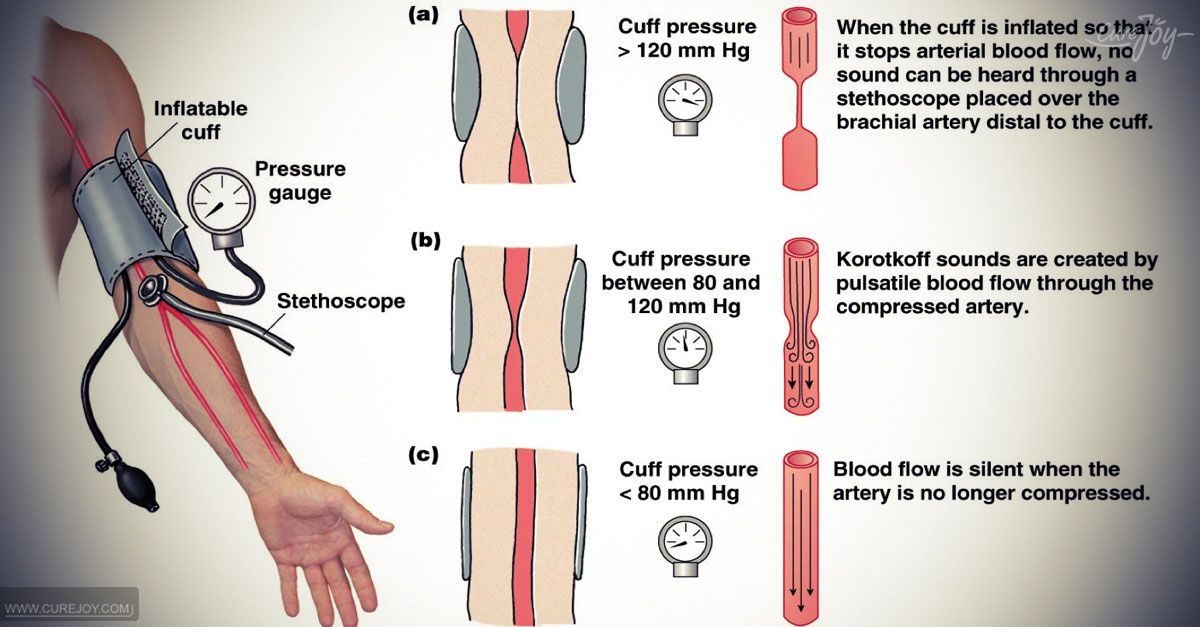
This exchange is only possible at an optimum pressure level. Changes in blood pressure in one direction or the other can have adverse consequences.
Under reduced pressure, transport is impaired and the amount of nutrients needed by the baby is reduced, which can lead to fetal growth retardation syndrome. And a significant increase in blood pressure can cause damage to microvessels, foci of hemorrhages are formed, which can lead to placental abruption. That is why during pregnancy it is so important to control blood pressure and keep it at an optimal level. nine0005
Normal blood pressure during pregnancy
The norms of blood pressure accepted in general medicine range from 100/60 to 120/80 mm Hg. But during pregnancy, these indicators may change somewhat. Usually in the early stages (the entire 1st trimester and up to 20 weeks), these numbers slightly decrease, which is associated with a change in the hormonal background of the whole organism and a restructuring of metabolic processes.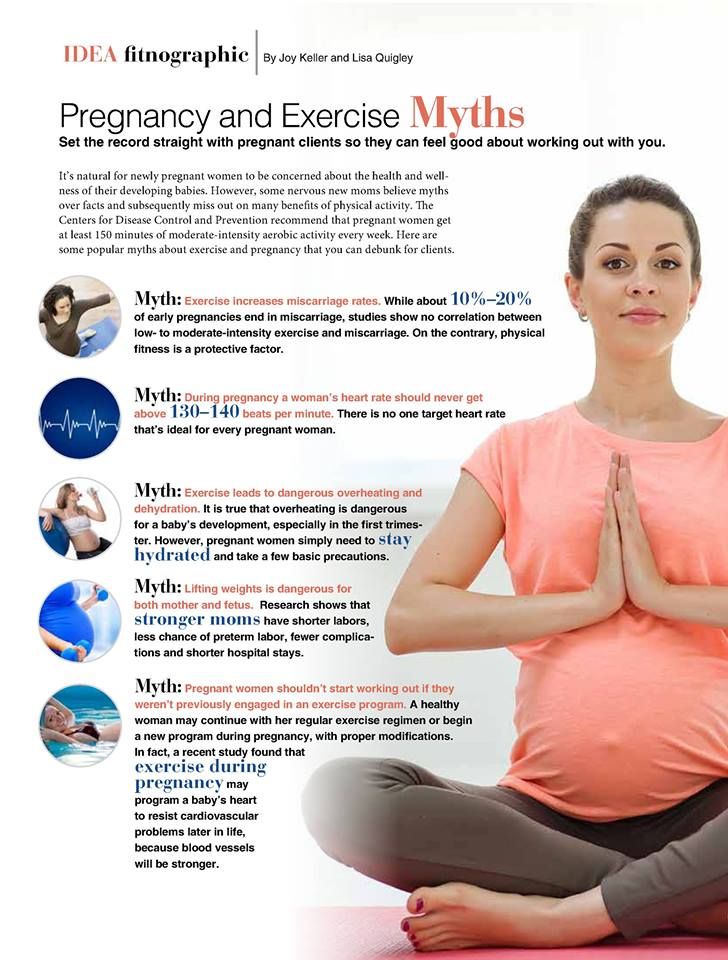
Later, as the fetus grows and develops more intense blood flow to feed it, the pressure may increase relative to "non-pregnant" values. Because of this, the average norms for expectant mothers lie in a wider range - from 105/60 to 139/89 mmHg
Significant deviations from this range upwards are called gestational hypertension, and downwards are called hypotension.
Low blood pressure during pregnancy or hypotension
In the first months of pregnancy, the hormonal background of the expectant mother undergoes significant changes, works with a great load, creating a favorable background for the development of the child, and these changes are often accompanied by a decrease in blood pressure, hypotension.
1.1.1 Possible causes of hypotension
Sometimes it is impossible to determine the cause that provoked the appearance of such a disorder, but the following may play a role in its development:
- Hormonal changes;
- NDC for hypotonic type;
- Infectious diseases;
- Liver pathology;
- Taking certain medications;
- Features of woman's emotionality.
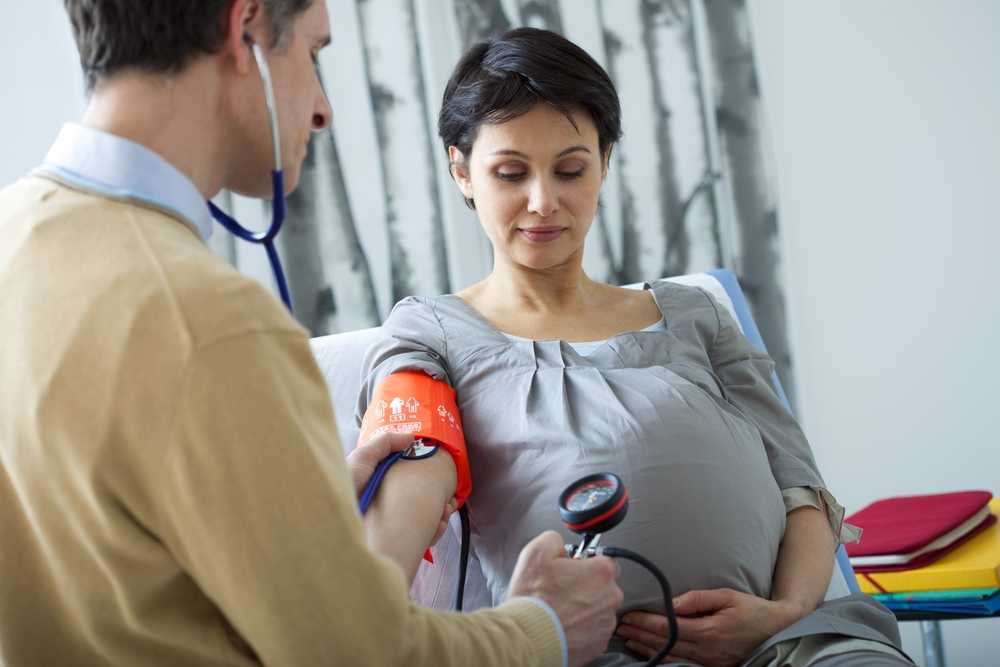
Pregnancy hypotension is often not perceived as a serious threat to the health and progress of pregnancy. However, it can be a serious pathogenic factor that provokes various disorders of the course of pregnancy:
- Termination of pregnancy
- Fetal growth retardation
- Oxygen starvation baby
- Weak labor activity
- Possible bleeding after separation of the placenta
- Relaxation of the uterus after childbirth and rebleeding
1.1.2 Main symptoms of hypotension:
- Nausea, vomiting
- Headache
- Tinnitus
- Shortness of breath
- Dizziness
- Increased fatigue
- Drowsiness
- Pale skin
- Increased perspiration
- Loss of consciousness
1.1.3 How to increase blood pressure or what to do with low blood pressure
In general, women with low blood pressure are not hospitalized unless there is a risk to the baby.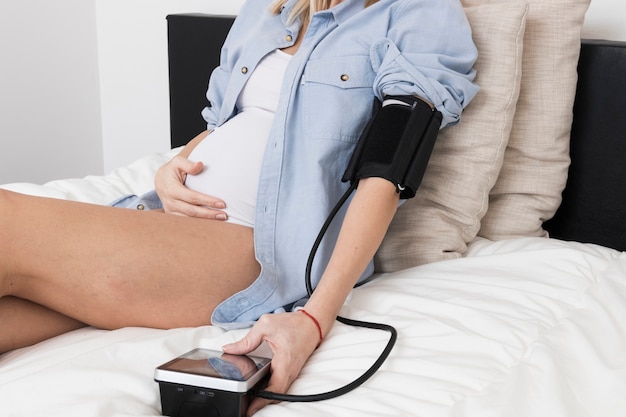 Expectant mothers are observed by an obstetrician-gynecologist, a therapist and, if necessary, a cardiologist. Most often, in the third trimester, the pressure returns to normal. nine0005
Expectant mothers are observed by an obstetrician-gynecologist, a therapist and, if necessary, a cardiologist. Most often, in the third trimester, the pressure returns to normal. nine0005
Pregnant women should follow these guidelines:
- Get at least 8 hours of sleep (optimally 9-10 hours) and rest during the day if possible.
- Spend more time outdoors (at least 2 hours a day).
- Food should be taken in small portions, but throughout the day.
- Moderate physical activity recommended - do prenatal gymnastics; if possible, swim. nine0024
- Useful water treatments - showers, douches, contrast foot baths, as well as massage; physiotherapy (electrosleep, salt-coniferous and mineral baths) and acupuncture are successfully used for treatment.
- If necessary, doctors can prescribe drug therapy: usually, pregnant women are prescribed herbal preparations that increase the tone of the autonomic nervous system, such as extracts of eleutherococcus, radiols, tinctures of magnolia vine, aralia, zamaniha in combination with sedatives (valerian, motherwort), as well as drugs based on caffeine.
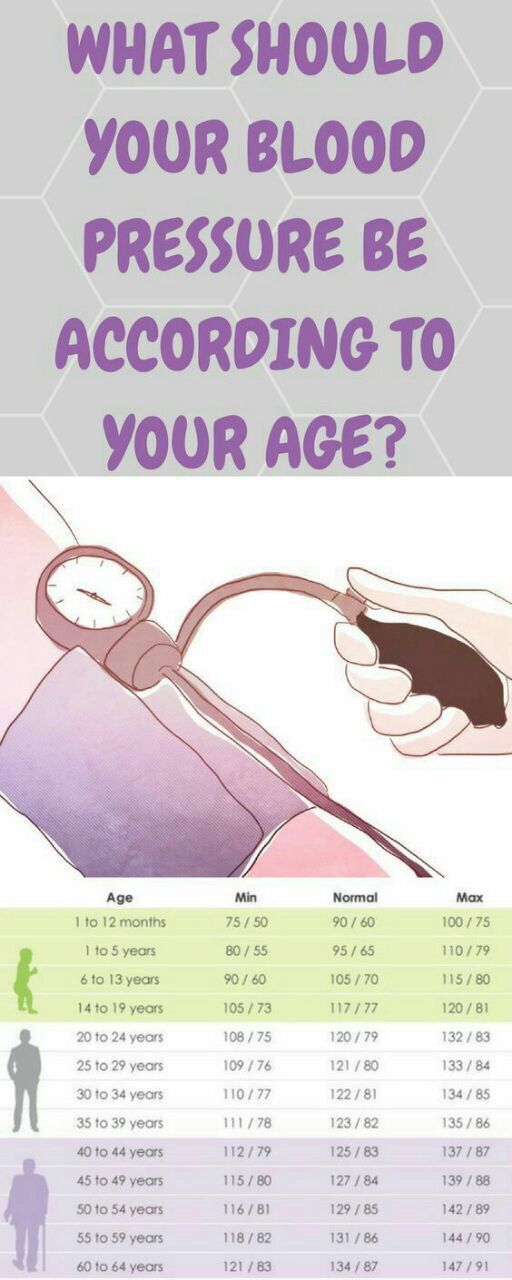 nine0024
nine0024
If a pregnant woman has lost consciousness due to a sudden drop in blood pressure, the first thing to do is to lay her horizontally on her side and call an ambulance. Then open the door or window, unfasten the collar, give a sniff of ammonia. You can massage the area between the nose and lip or act on the fingertips on the hands.
High blood pressure during pregnancy or hypertension
Arterial hypertension is a disease characterized by a persistent increase in blood pressure. The changes that occur in the body during pregnancy predispose to the development of hypertension and therefore pregnant women are at a higher risk of developing hypertension than the general population. Arterial hypertension is a risk factor for various complications of pregnancy and ranks second in the list of causes of maternal death. At the same time, the diagnosis and treatment of arterial hypertension in pregnant women requires a special approach. nine0005
If before pregnancy you noted that your blood pressure was higher than normal, drank pills, visited the appropriate doctors, be prepared that this problem will come up now. And, most likely, it will manifest itself with greater force.
And, most likely, it will manifest itself with greater force.
Remember: now the situation is completely different, you do not need to take the same pills as before pregnancy.
Forms of arterial hypertension during pregnancy
Arterial hypertension of pregnancy is an increase in blood pressure during pregnancy. It is regarded as a persistent increase in systolic blood pressure above 140 mm Hg. and diastolic blood pressure above 90 mmHg in women with normal blood pressure before pregnancy. Women with such an increase in pressure require close medical supervision.
There are several types of arterial hypertension during pregnancy:
- Chronic hypertension is characterized by the presence of high blood pressure before pregnancy and its persistence after pregnancy.
- Arterial hypertension of pregnancy is a persistent increase in blood pressure that develops after the 20th week of pregnancy, which disappears at the end of pregnancy. nine0024
- Pre-eclampsia/eclampsia is a severe impairment of the cardiovascular system and kidneys during pregnancy, which includes: hypertension and impaired renal function.
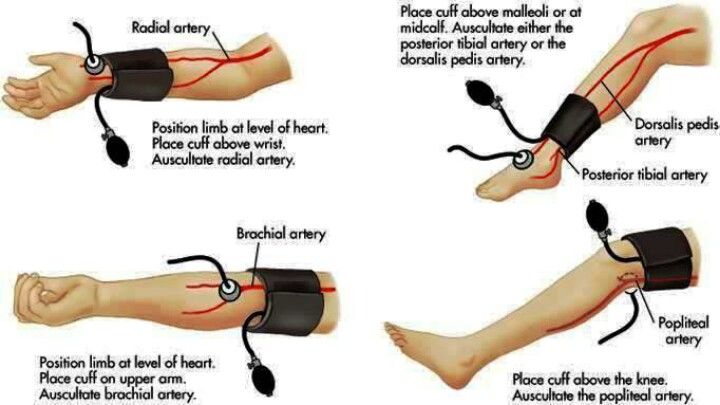
In pregnant women, arterial hypertension occurs with a frequency of 4-8%, which is a very high figure, especially if we take into account the young age of most expectant mothers. During pregnancy, the woman's body adapts to new conditions of functioning, which include ensuring the life and development of the fetus. On the part of the cardiovascular system in the body of a pregnant woman, the following changes occur:
- An increase in the volume of circulating blood and the appearance of a placental circulatory system is necessary for the nutrition and development of the child. In pregnant women, the volume of circulating blood increases by 25-30%, which, in addition to ensuring the nutrition of the child, allows women to lose part of the blood during childbirth, without significant damage to health.
- Increased heart rate.
- Increased intra-abdominal pressure, an increase in the diaphragm and a change in the position of the heart in the chest due to a significant increase in the size of the uterus.
 nine0024
nine0024 - Gradual weight gain in a pregnant woman.
Possible other causes of high blood pressure
- Exercise
- Drinking strong tea or coffee
- Chronic stress, fatigue, lack of sleep, emotional stress
- Smoking, alcohol abuse
- Unbalanced diet, lack of vitamins and minerals
- Obesity, overweight
- Multiple pregnancy
- Lack of physical activity
- Diseases of the thyroid gland
- Diseases of the adrenal glands
- Diabetes mellitus
- Head, brain and spinal cord injuries
- Encephalitis
- Myelitis
- Diseases of the heart and blood vessels
- Renal dysfunction
- Hereditary predisposition
Main symptoms of hypertension:
- Headache
- Nausea, vomiting
- Dizziness, weakness, impotence
- Redness of the skin of the hands and face
- Noise or ringing in the ears
- Visual impairment
- Edema
- Urinary protein excretion
- Convulsions
High blood pressure can cause complications such as retinal detachment or retinal haemorrhage, which can lead to partial or complete loss of vision.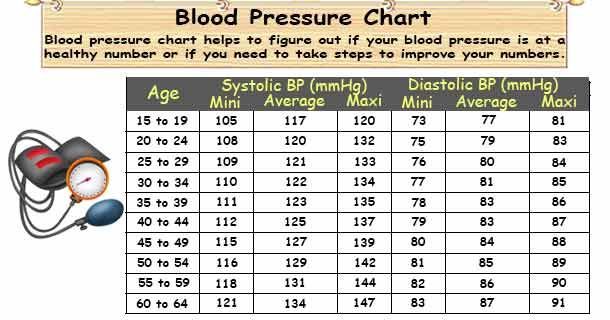 nine0005
nine0005
If blood pressure began to rise in the second or third trimester of pregnancy, then we are probably dealing with a serious complication of pregnancy - preeclampsia.
Preeclampsia is a special condition that occurs only during pregnancy and ends with its completion. The manifestations of preeclampsia are varied, but the classic symptoms are:
- arterial hypertension
- edema
- proteinuria (protein in urine)
With preeclampsia, there is a violation of microcirculation in all vital organs: the blood supply to the brain worsens, kidney failure develops, the blood becomes viscous, and the resulting microthrombi disrupt the work of all organs and systems. Of particular danger is such damage to the vessels of the placenta and the brain. The most severe manifestation of preeclampsia - eclampsia - convulsive seizures, ending in a cerebral coma.
But preeclampsia often begins with a pathological weight gain.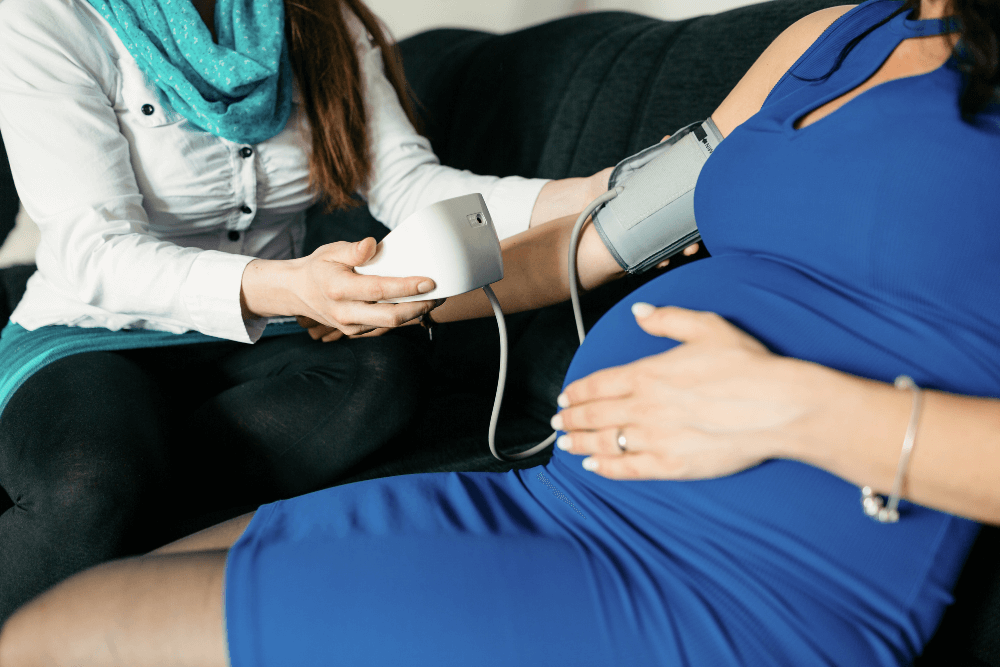 Expectant mothers often wonder why this doctor pays such attention to weight. Well, think about it, added a couple of extra pounds. nine0005
Expectant mothers often wonder why this doctor pays such attention to weight. Well, think about it, added a couple of extra pounds. nine0005
But after all, such an increase is due to fluid retention in the body, or the so-called latent edema.
And if treatment is not started in time, all manifestations of preeclampsia will not be long in coming. If there was an increase in blood pressure before the onset of pregnancy, then its successful course is possible only with good preparation and the correct selection of drugs that reduce pressure. With uncomplicated hypertension and a slight increase in pressure, only non-drug measures are sufficient. nine0005
More about preeclampsia
Treatment and prevention of arterial hypertension during pregnancy
Treatment of arterial hypertension during pregnancy is a complex and responsible task. Therefore, the basis of any type of treatment should be close cooperation between the patient and the doctor.
In the treatment of arterial hypertension in pregnancy, as well as in the treatment of arterial hypertension, the following methods are used: non-drug treatment and drug treatment.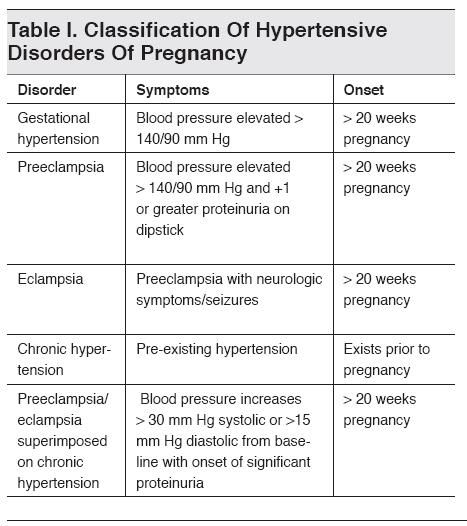 nine0005
nine0005
Non-drug treatment, that is, treatment without drugs, is the most appropriate treatment for hypertension during pregnancy, as many of the drugs used in the treatment of this disease can be dangerous to the fetus.
What to do with pressure, how to reduce pressure during pregnancy
Non-drug treatment and prevention of arterial hypertension includes:
- Diet. The main requirements for the diet of women suffering from hypertension are a reduction in the consumption of table salt, coffee, tea, and the rejection of bad habits. The allowable amount of salt per day for patients with hypertension is 5 grams, while the calculation must include not only the salt with which we season food, but also the salt contained in various foods. nine0024
- Physical activity. Moderate physical activity has a positive effect on the general condition of the body, promotes fat burning, normalizes metabolism, improves blood supply to internal organs and the fetus, increases muscle tone and helps to establish the correct position of the fetus in the uterus.
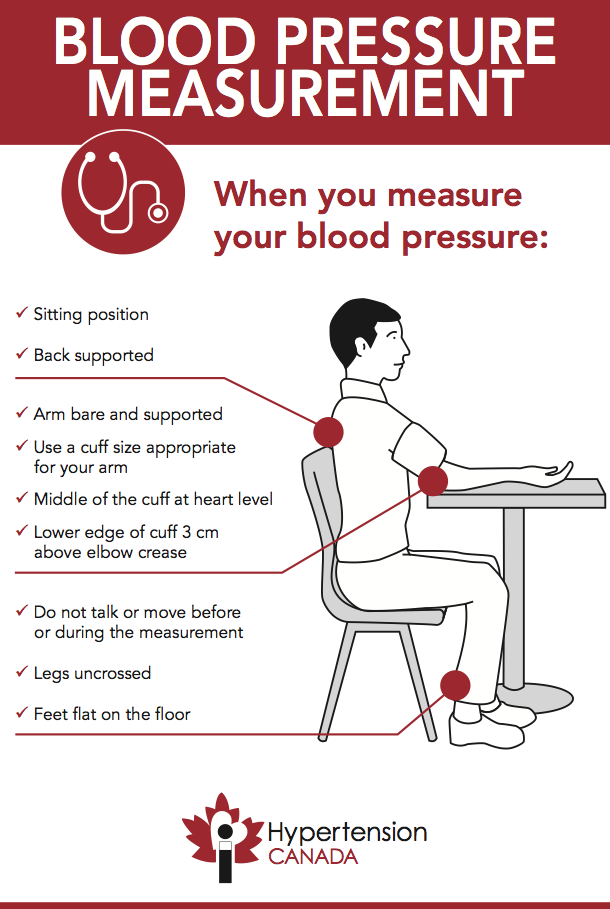 For the treatment and prevention of arterial hypertension during pregnancy, daily physical activity in the form of gymnastics (preferably with an instructor), hiking in the fresh air, and swimming are recommended. nine0024
For the treatment and prevention of arterial hypertension during pregnancy, daily physical activity in the form of gymnastics (preferably with an instructor), hiking in the fresh air, and swimming are recommended. nine0024 - Maintenance of normal body weight. The common expression that during pregnancy a woman "should eat for two" is not true. In fact, an "energy supplement" during pregnancy should not exceed 350 kcal. At the same time, maintaining normal body weight during pregnancy is extremely important for maintaining the health of the pregnant woman herself and her child (obesity contributes to the development of hypertension and diabetes). The normal weight gain of a pregnant woman by the end of pregnancy should not exceed 12 kg. nine0024
Drug treatment of hypertension during pregnancy should be carried out under the supervision of a specialist doctor and only with safe drugs.
- With a single slight increase in pressure, treatment begins with the appointment of sedative natural drugs, for example: valerian, motherwort, novopassitis and others.
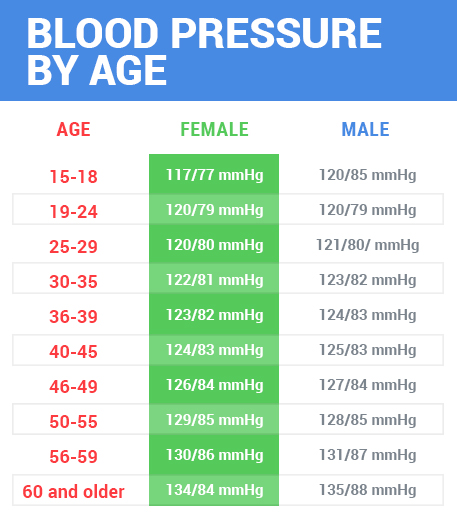 Together with non-drug therapy, these measures are very effective.
Together with non-drug therapy, these measures are very effective. - For persistent high blood pressure, the following drugs can usually be prescribed, but only on the recommendation of a doctor. The main drug or "drug of choice" the most effective and safe is Methyldopa (Dopegyt), which can be used during pregnancy from a short gestation period. nine0024
- A group of drugs that can be prescribed from the second trimester of pregnancy are calcium channel blockers: Verapamil, Nifedipine.
- With persistent hypertension from the 2nd-3rd trimester, β-blockers can be prescribed, this group of drugs does not have a teratogenic effect.
Prenatal monitoring of the fetus is necessary while taking medications.
If the pressure rises suddenly and you feel unwell, urgent hospitalization is necessary. Only in a hospital is complete control over the condition of the child and mother and full therapy possible. nine0005
A birth plan and referral for pregnant women with high blood pressure is made in advance. If there are problems that cannot be corrected, a caesarean section is performed.
If there are problems that cannot be corrected, a caesarean section is performed.
Follow your doctor's advice. He is a professional, he knows what is best for you and your child!
Tags: pregnancy
High blood pressure in pregnant women is dangerous!
Pregnancy is a special state of a woman, when such serious changes occur in her body that cannot be fully explained. In truth, the birth of man is a great wisdom. It is in the “pregnant state” that a woman changes right before her eyes, and not only because her belly grows. nine0140
Remember that only in an “interesting” situation did you want to cry over a trifle, enjoy a sandwich with marmalade and cucumber, change the color of the walls in the kitchen, and cover the whole room with wallpaper with dandelions. Of course, all these “strange things” are cute and harmless, not bothering you or your baby. But there are other changes as well. For example, problems with blood pressure. Previously, you might not even suspect that you have it, but here, from the very first days, you were faced with the fact that it was measured for you, the results were recorded, and each time they were compared.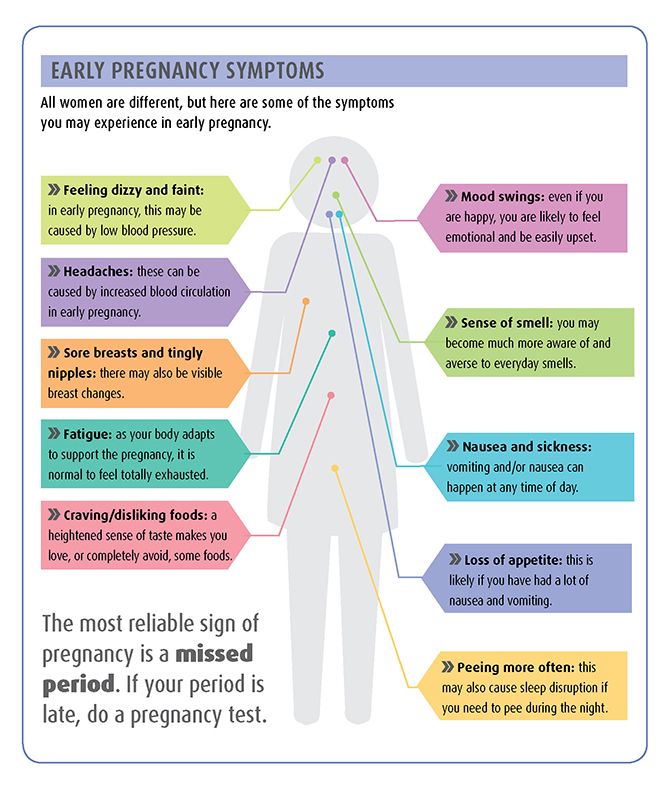 At the same time, the doctor peers into the notes and shakes his head: a bit tall ...
At the same time, the doctor peers into the notes and shakes his head: a bit tall ...
"Normal" high blood pressure during pregnancy
Everyone should know what their normal blood pressure is. For some, it is constantly low, for someone it is a bit high, but at the same time everyone feels good. For women preparing to become mothers, this knowledge is extremely important. It is not in vain that blood pressure during pregnancy is measured in a antenatal clinic, since its indicators are a kind of “determinant” of the condition of a woman and her baby.
Medical blood pressure standards during pregnancy (and in the normal state) are as follows: not less than 100/60 and not more than 140/90. However, during pregnancy, these figures can "jump" within 10-15%.
As for high blood pressure, it is extremely undesirable during pregnancy, as it is a formidable symptom. However, not always. In the last trimester of pregnancy, high blood pressure is "normal" or justified.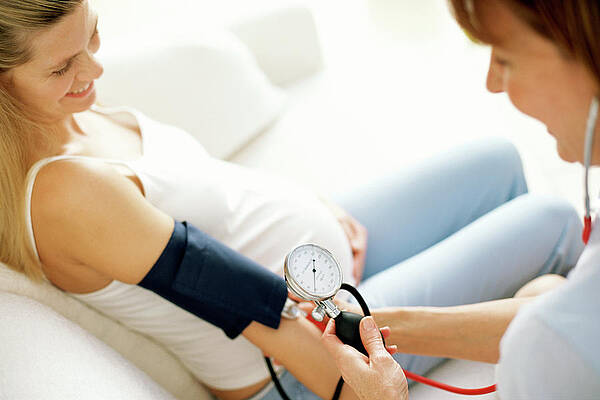 Judge for yourself: another circle of blood circulation has appeared in your body, which means that the volume of blood that circulates inside you has also increased (at the 20th week, by about half a liter, and by the end of pregnancy, by a whole liter!). Naturally, "thanks to this" the load on your loving heart has increased: it contracts more often, because the output of blood increases. So if the deviations from the norm at the end of pregnancy are small, you should not worry. You just need to monitor your well-being and regularly measure your blood pressure. nine0005
Judge for yourself: another circle of blood circulation has appeared in your body, which means that the volume of blood that circulates inside you has also increased (at the 20th week, by about half a liter, and by the end of pregnancy, by a whole liter!). Naturally, "thanks to this" the load on your loving heart has increased: it contracts more often, because the output of blood increases. So if the deviations from the norm at the end of pregnancy are small, you should not worry. You just need to monitor your well-being and regularly measure your blood pressure. nine0005
Remember: anxiety, exercise, stress, and even magnetic storms increase your blood pressure, so keep these things in mind when you measure it. It is better to do it early in the morning at the same time. Before measuring blood pressure, do not drink strong tea, let alone coffee, otherwise the results will not be reliable.
"Pathological" high blood pressure during pregnancy
High blood pressure in early pregnancy is the most dangerous symptom.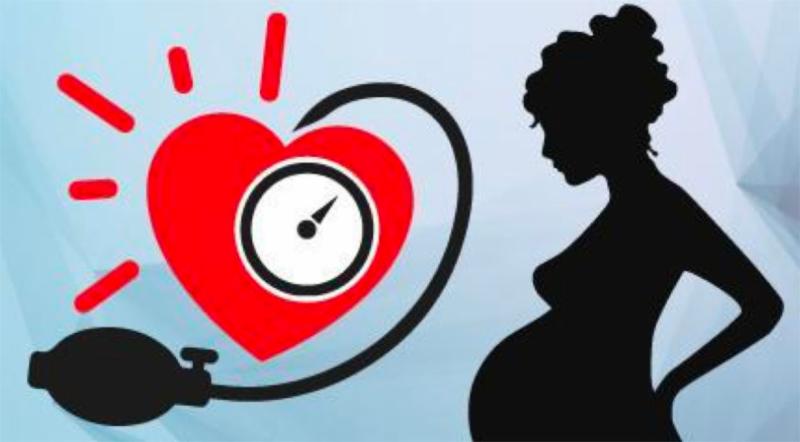 In this condition, the walls of the blood vessels are very narrowed, and this interferes with the normal supply of oxygen and other nutrients from the blood to the developing fetus, which means that the physiological growth of the embryo slows down. Excessively high blood pressure can also cause spontaneous miscarriage. nine0005
In this condition, the walls of the blood vessels are very narrowed, and this interferes with the normal supply of oxygen and other nutrients from the blood to the developing fetus, which means that the physiological growth of the embryo slows down. Excessively high blood pressure can also cause spontaneous miscarriage. nine0005
Hypertension in the second half of pregnancy is also undesirable and dangerous. Because of it, placental insufficiency, bleeding, chronic fetal hypoxia, premature detachment of the placenta can develop, and even the death of the unborn child is possible. Tinnitus, headaches, dizziness, visual disturbances, heart palpitations, swelling of the whole body and high pressure in the complex are a good reason to seek help from specialists. It is possible that you may even be diagnosed with a serious complication of pregnancy - preeclampsia. This is a condition in which the mother's immune system does not adequately respond to a foreign body - the fetus. With eclampsia, along with high blood pressure, a woman has too rapid weight gain (more than 500 g per week), protein in urine tests, swelling of the hands, feet and face, as well as nausea, vomiting, weakness and even convulsions.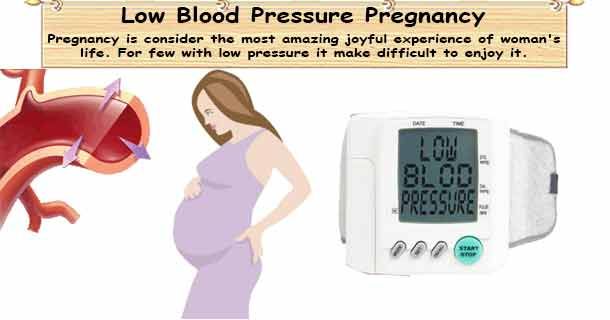 This condition requires immediate hospitalization and, if time permits, an emergency caesarean section, since this disease threatens the life of both the unborn baby and his mother. nine0005
This condition requires immediate hospitalization and, if time permits, an emergency caesarean section, since this disease threatens the life of both the unborn baby and his mother. nine0005
What to do about high blood pressure during pregnancy?
First, during the planning period, go through all the necessary examinations. Hepatitis, pyelonephritis, glomerulonephritis, biliary dyskinesia - these are the diseases that will be accompanied by high blood pressure, especially if pregnancy occurs. Secondly, overweight, diabetes mellitus, malfunctions of the thyroid gland, traumatic brain injuries also affect the increase in blood pressure. Remember that you need to stabilize the pressure before conception! nine0005
If, nevertheless, hypertension caught you just in an "interesting position", do not try to cope with it alone, taking medications and folk remedies that lower blood pressure. It is necessary to understand the causes of this condition, which only a competent specialist can do.